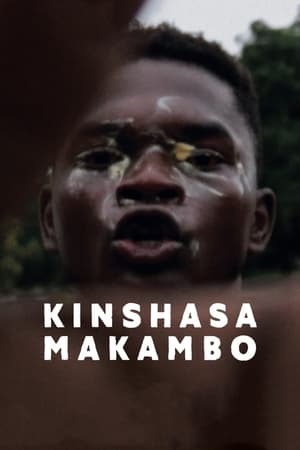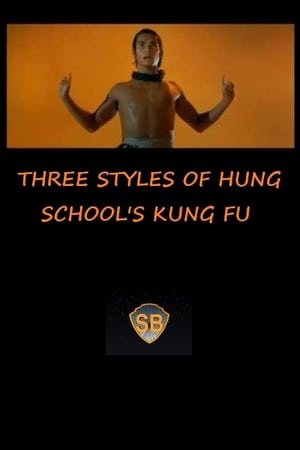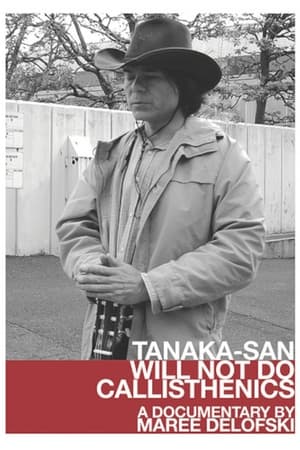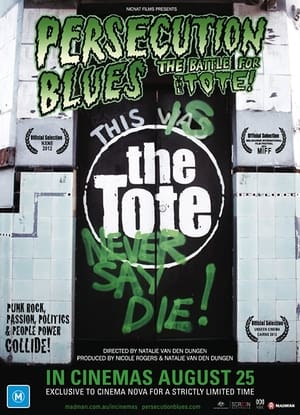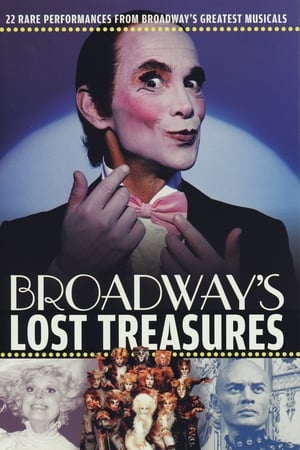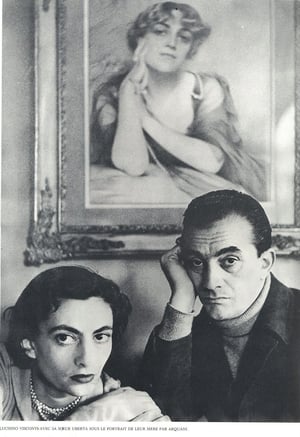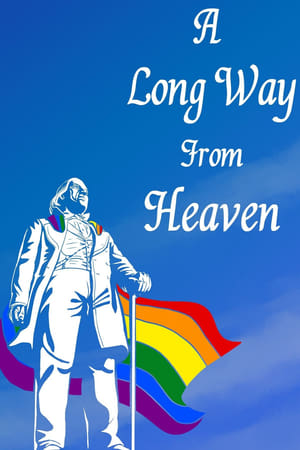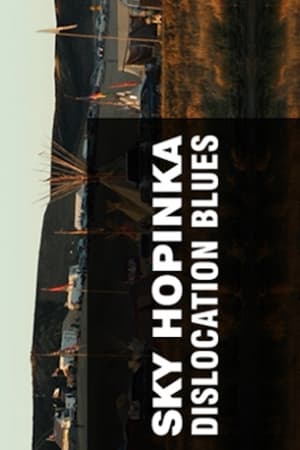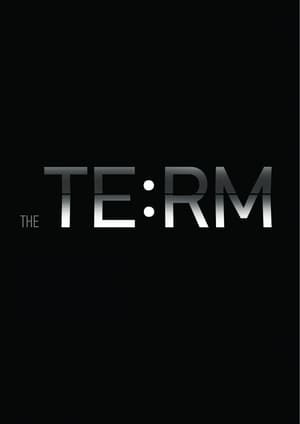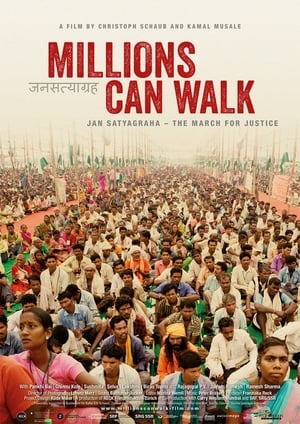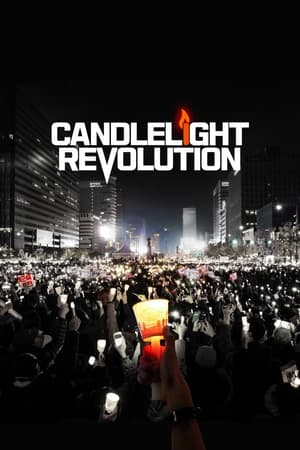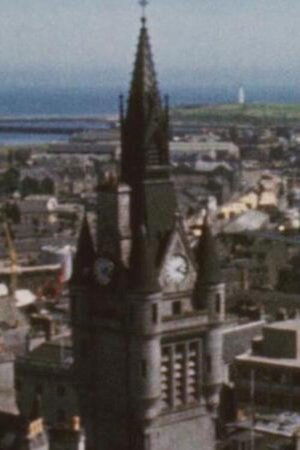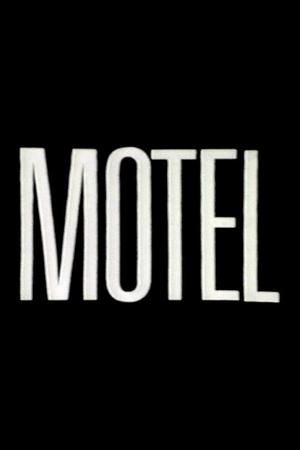Overview
In 2020 the Hungarian government announced the change of ownership at nine state universities in order to make them maintained by foundations.
The so-called “restructuring” comprised the imposition of a board of trustees over the universities, the members of which being loyal supporters of the government holding stable positions in its economic halo.
Only one of the nine institutions protested against the forced political takeover of the University of Theatre and Film Arts (SZFE).
Our film presents one of the stories of the university blockade.

 99 min
99 min
 0
0
 2021
2021
 Hungary
Hungary
